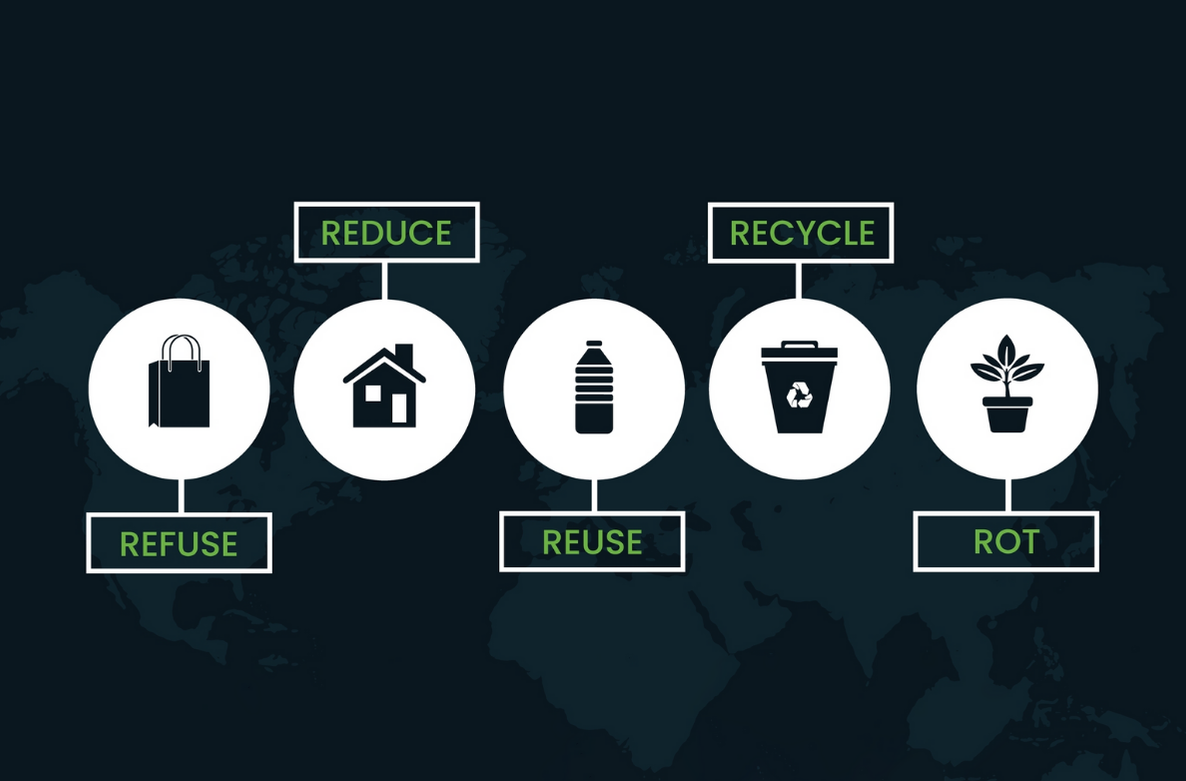
How to Achieve Zero Waste Goals with Deposit Management Systems?
Today, environmental pollution and the depletion of natural resources have made sustainable solutions a necessity. In this context, the goal of zero waste has become a priority not only for environmentally conscious individuals but also for institutions and city administrations. One of the most effective methods to achieve this goal is through deposit management systems, which encourage the separation of waste at the source and its recovery.
What Are Deposit Management Systems?
Deposit management systems are typically applied to beverage containers made of plastic, metal, or glass, and involve reimbursing consumers with a specific fee when they return the container. Thanks to these systems, packaging is diverted from landfills and directed toward recycling processes. With technological advancements, these systems are now integrated with recycling technologies, making them more efficient and user-friendly.
The Importance of the Zero Waste Goal
Zero waste is not just about reducing the amount of waste—it is also about using resources more efficiently, preventing unnecessary consumption, and minimizing environmental impact. Turkey’s national zero waste policy has been shaped accordingly, and as of 2023, mandatory implementations have been introduced in many cities. One of the most critical elements for realizing this goal is building a recycling infrastructure supported by deposit management systems.
Advantages of Deposit Systems
-
Separation at the Source: Deposit systems encourage consumers to return containers to recycling points rather than throwing them away. This ensures cleaner waste streams that are easier to process and recycle.
-
Shifts Consumer Behavior: Financial incentives motivate individuals to actively participate in recycling.
-
Cost Savings for Municipalities and Businesses: By reducing waste disposal volumes and recycling costs, long-term savings are achieved for local governments and private sector players.
-
Environmental Benefits: Reduced littering of plastic and metal containers contributes to eco-friendly solutions and supports sustainability efforts.
Integration with Recycling Technologies
Modern recycling technologies go far beyond traditional waste collection. Devices equipped with smart sensors, user recognition systems, and digital monitoring capabilities make the entire process transparent and traceable. These devices can sort and compress packaging waste, improving efficiency while minimizing energy consumption. Eco-conscious tech brands like Revego support the long-term sustainability of such systems by offering innovative and scalable solutions.
Opportunities for Businesses
For businesses with corporate sustainability goals, deposit management systems serve as a valuable tool in enhancing environmental responsibility and brand reputation. Companies that integrate such systems into their operations not only reduce their environmental footprint but also strengthen their connection with eco-conscious consumers. Moreover, they may qualify for government incentives as part of the green transformation movement.
The Role of Consumers and Awareness
No matter how advanced the system is, consumer behavior plays a vital role in its success. Educating consumers and promoting zero waste as a daily practice through communication campaigns and digital awareness tools are essential steps toward creating lasting change.
Share